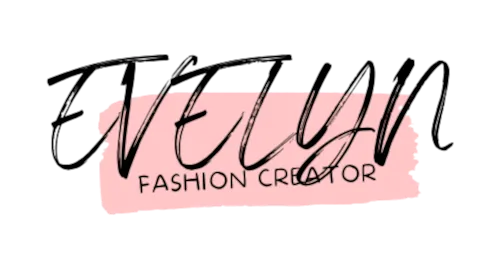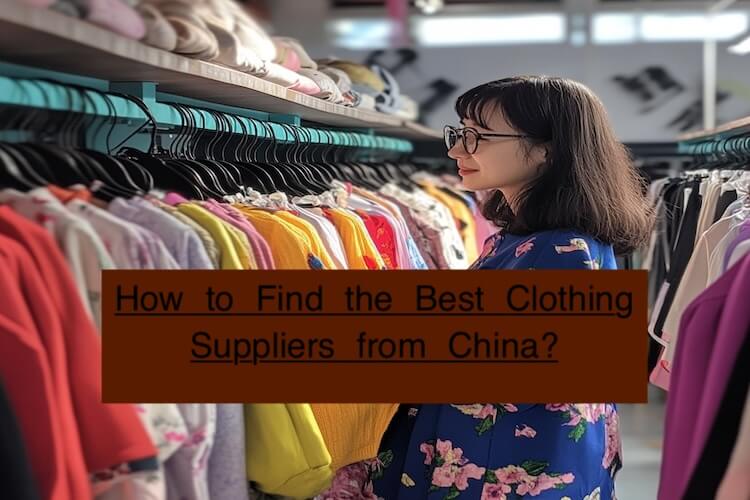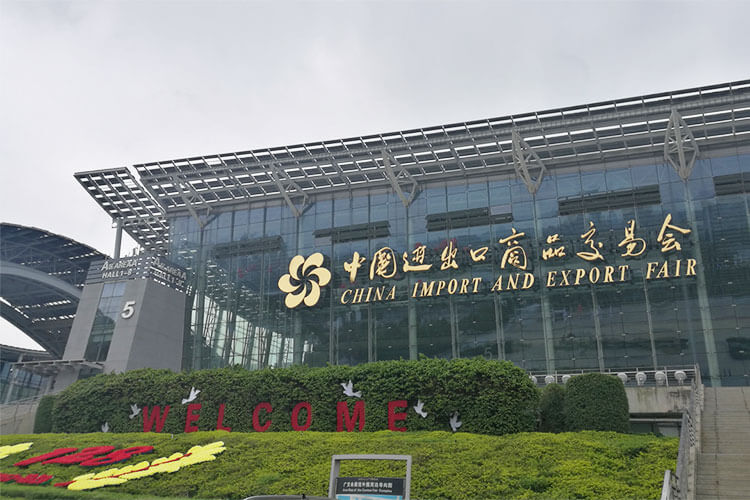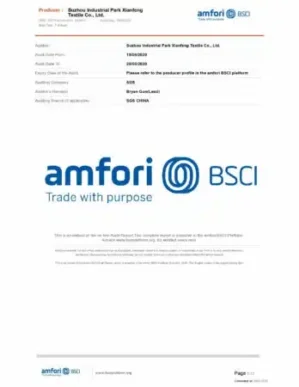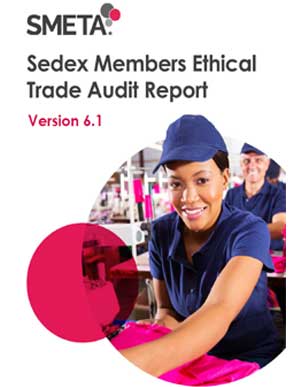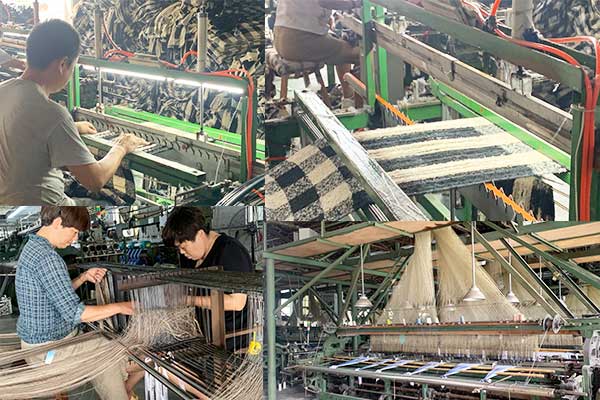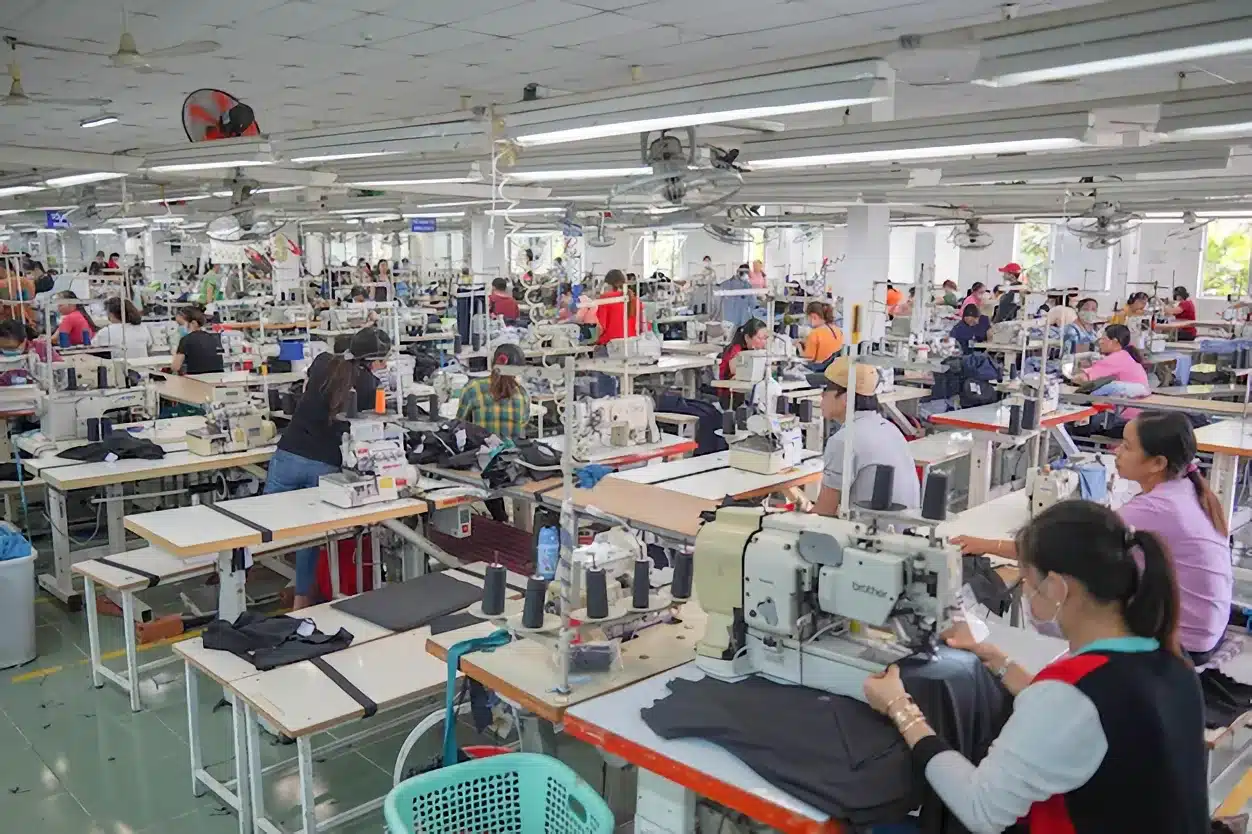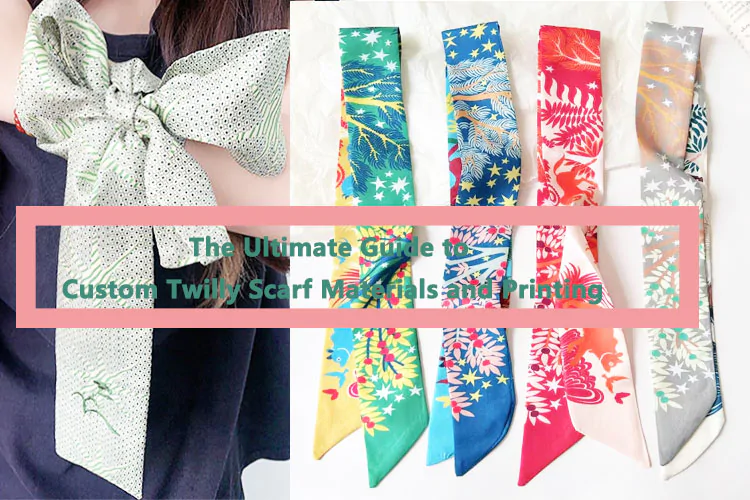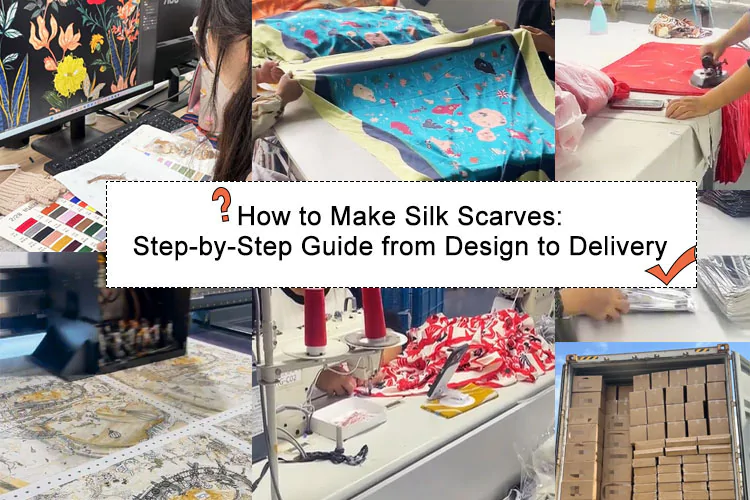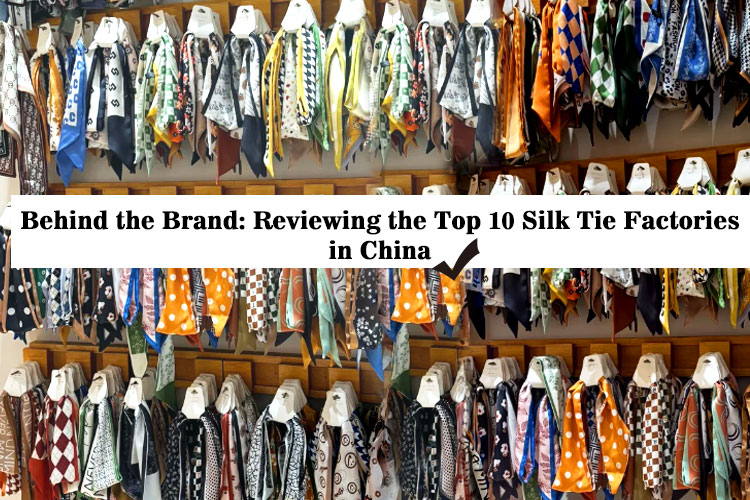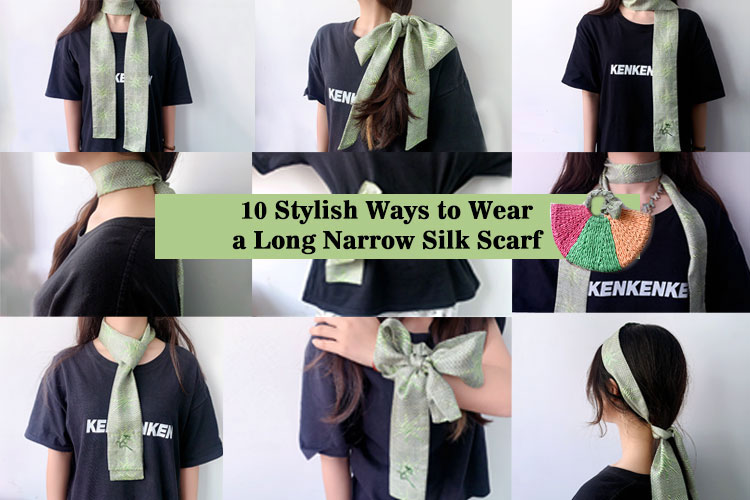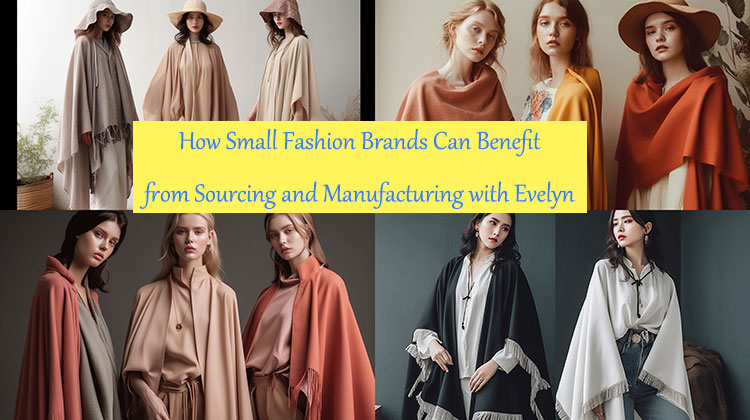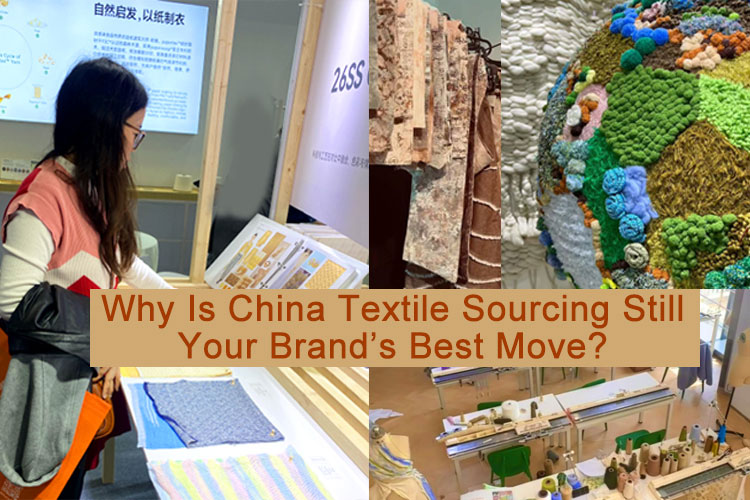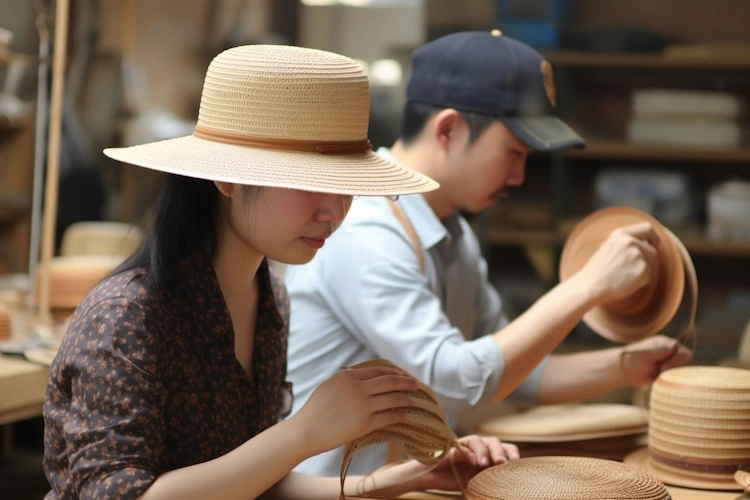How to Find the Best Clothing Suppliers from China?
You’re ready to take the next step in your clothing business and want to source products directly from China. But the big question is: How do you find the best clothing suppliers in China? I know the process can be overwhelming. With thousands of options available, choosing the right one can make or break your business. So, how do you ensure you pick the best option? Don’t worry! I’m here to help.
The best way to find reliable clothing suppliers in China is through a combination of online platforms, trade shows, and industry networks. You can also vet them by checking certifications, requesting samples, and performing audits of their facilities.
I know this might sound simple, but there are many nuances involved. Whether you’re looking for small production runs or large-scale orders, finding the right supplier is a journey in itself. So, let’s break this process down step by step.
What Are the Steps to Finding Reliable Clothing Suppliers?
When sourcing clothing suppliers from China, the first thing you need to determine is your production requirements. Are you focused on luxury materials, mass production, or specific designs? Whatever your criteria, the next steps will help guide you to find the best fit.
1. Use Online Sourcing Platforms
There are many online platforms designed to connect you with verified suppliers in China. Sites like Alibaba, Made-in-China, and Global Sources offer a massive database of suppliers in different categories, including apparel. But not all suppliers are created equal. Make sure you are using filters and tools provided by these platforms to verify suppliers.
Key factors to check on these platforms:
- Product reviews and customer feedback.
- Verified badges: This shows the supplier has been vetted by a third party.
- Response time: A supplier with fast communication is always a good sign.
Should You Attend Trade Shows?
If you have the time and budget, trade shows are one of the most effective ways to find reliable clothing manufacturers. Attending events like the Canton Fair or China International Fashion Fair (CHIC) allows you to meet suppliers in person. You can physically touch and inspect their products, build relationships, and better assess their production capabilities. In fact, trade shows give you a first-hand experience of a supplier’s products, something online platforms just can’t provide.
At trade shows, you’ll also have the chance to:
- Meet multiple suppliers in one place.
- Compare prices and production capabilities.
- Check fabric quality and garment craftsmanship.
But remember, it’s not just about looking for the best price. Focus on quality, production lead times, and communication clarity as well.
How Important Is Certification?
It’s easy to get lost in the sea of options when browsing suppliers, but there’s a simple way to narrow down your list — check for certifications. Reliable manufacturers often hold certifications that validate their production processes and quality standards.
For example:
- ISO 9001: This certification ensures quality management and the ability to meet customer requirements.
- BSCI: Social compliance is essential, especially when selling in Western markets. Look for suppliers with Business Social Compliance Initiative certification.
- SEDEX: (Supplier Ethical Data Exchange) is a global membership organization dedicated to improving ethical and responsible business practices in global supply chains. It is widely used by companies to manage their performance around labor rights, health and safety, the environment, and business ethics.
If a manufacturer boasts these certifications, it’s a clear indicator of their commitment to maintaining high-quality production standards.
Can Sourcing Agents Help?
If you’re new to working with Chinese clothing suppliers, you might want to consider hiring a sourcing agent. These agents act as the bridge between you and the supplier, ensuring that your specifications are met. They often have established networks of trusted factories and can help you negotiate better deals.
Benefits of using sourcing agents:
- Local expertise: Agents understand the nuances of the Chinese market.
- Time-saving: You don’t have to sift through hundreds of suppliers.
- Quality control: Agents can inspect the factories and the final product on your behalf.
While you’ll need to pay a fee for their services, many business owners find this investment worthwhile, especially when it comes to large orders.
Should You Work Directly with a Manufacturer?
Working directly with a manufacturer can cut costs and streamline communication. When there’s no middleman, you have direct control over the product development process. However, this approach also has its challenges. Without a middleman, you’ll be responsible for managing orders, checking production timelines, and handling quality control on your own.
Here’s what to consider if you go direct:
- Communication barriers: Unless you’re fluent in Mandarin, communication might be tricky.
- Logistics management: You’ll have to arrange shipping and customs clearance independently.
- On-site inspections: You may need to visit the factory to ensure that everything is going smoothly.
How Do You Differentiate Between a Sourcing Agent and Manufacturer?
Many suppliers on platforms like Alibaba may present themselves as manufacturers, but they might actually be sourcing agents or middlemen. The key to differentiating between the two is asking the right questions.
Here are some questions that can help you clarify their role:
- Do you own the factory?
- Can I visit your factory?
- What percentage of your business comes from direct manufacturing?
A true manufacturer will be able to provide precise answers about their factory location, workforce, and production capabilities. If they avoid these questions or offer vague responses, they might be reselling products from other factories.
Can You Identify Real Manufacturers?
Yes, you can. If you want to ensure you’re working with real manufacturers, a bit of due diligence will go a long way. You can hire a third-party inspection service to visit the factory or use Google Earth to check the physical address provided by the supplier.
Here’s a quick checklist to identify legitimate manufacturers:
- Ask for factory certificates like ISO, or GOTS (for organic clothing).
- Request references from previous clients.
- Schedule a video call to see the facility in real time.
- Get samples to verify the quality before placing a large order.
If the supplier hesitates on any of these, it’s a red flag. Trust your gut and always do your research before committing.
Conclusion
In summary, finding the best clothing suppliers from China involves a careful combination of online research, attending trade shows, and thorough vetting. Whether you work with a sourcing agent or directly with the manufacturer, make sure to prioritize quality, communication, and certifications. By taking these steps, you’ll be well on your way to building strong, lasting partnerships that will help your business thrive.
Now that you’re armed with these strategies, go out there and find the perfect supplier for your clothing brand. The world of Chinese manufacturing is full of opportunities — but only if you know where to look!
